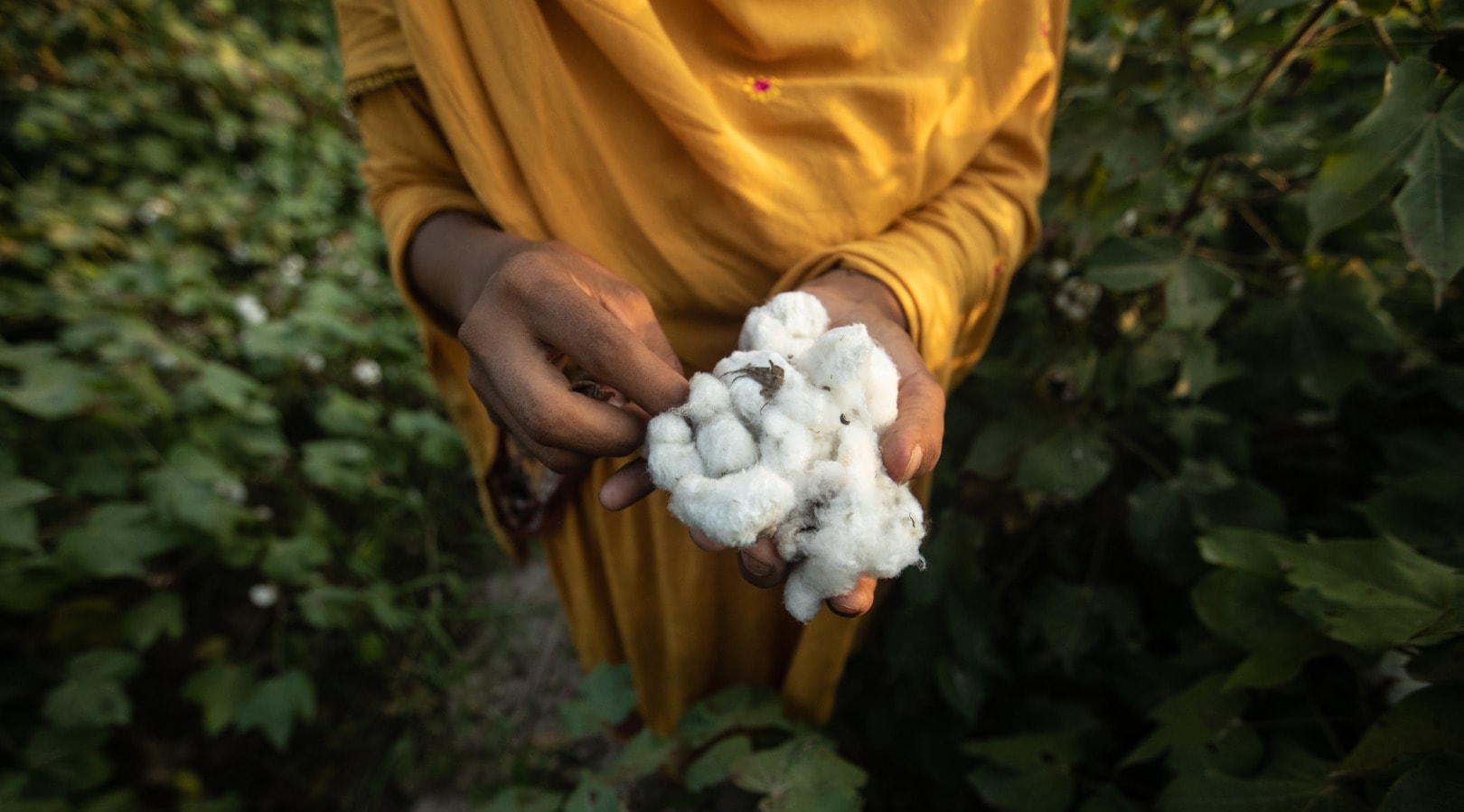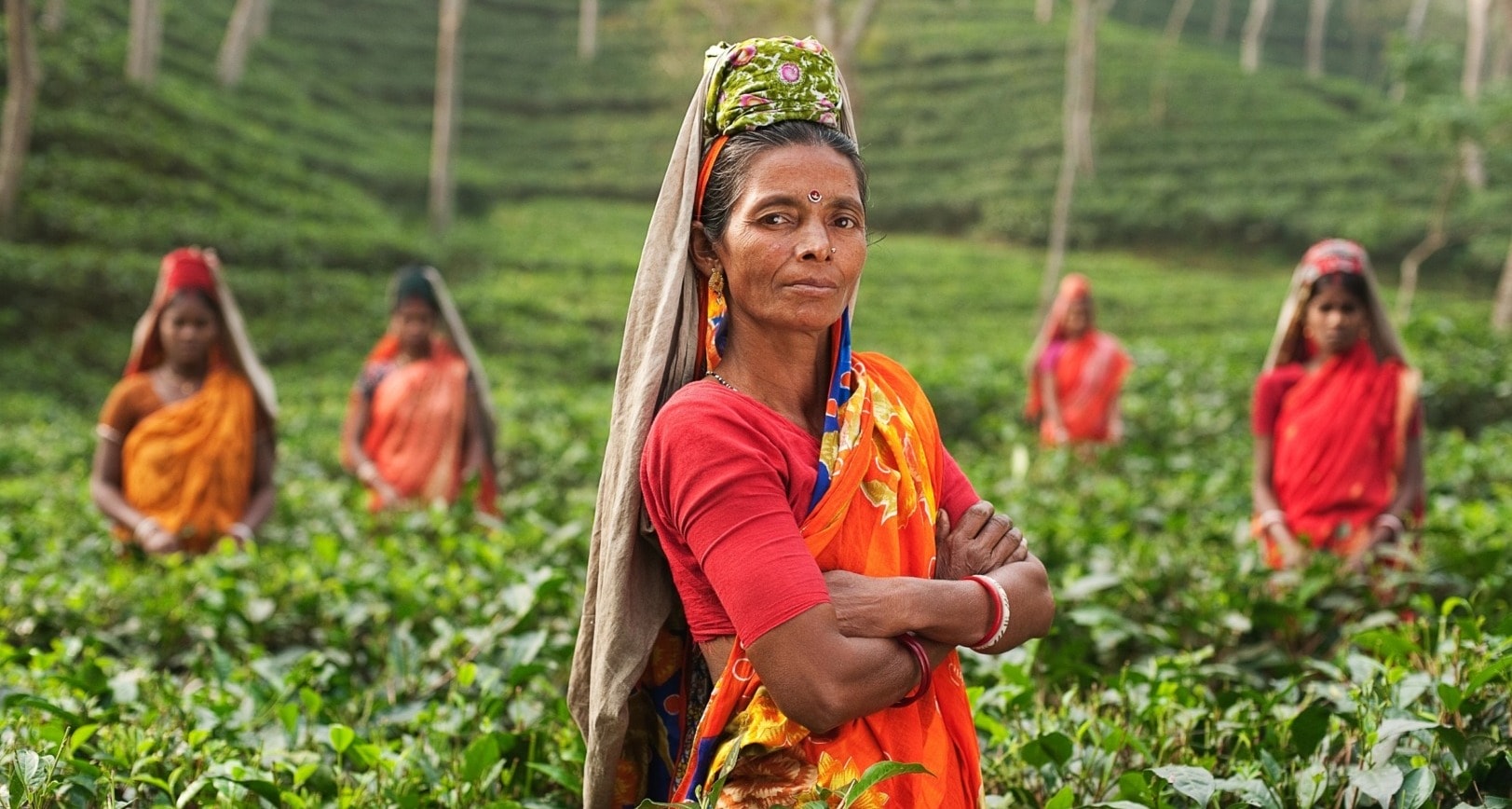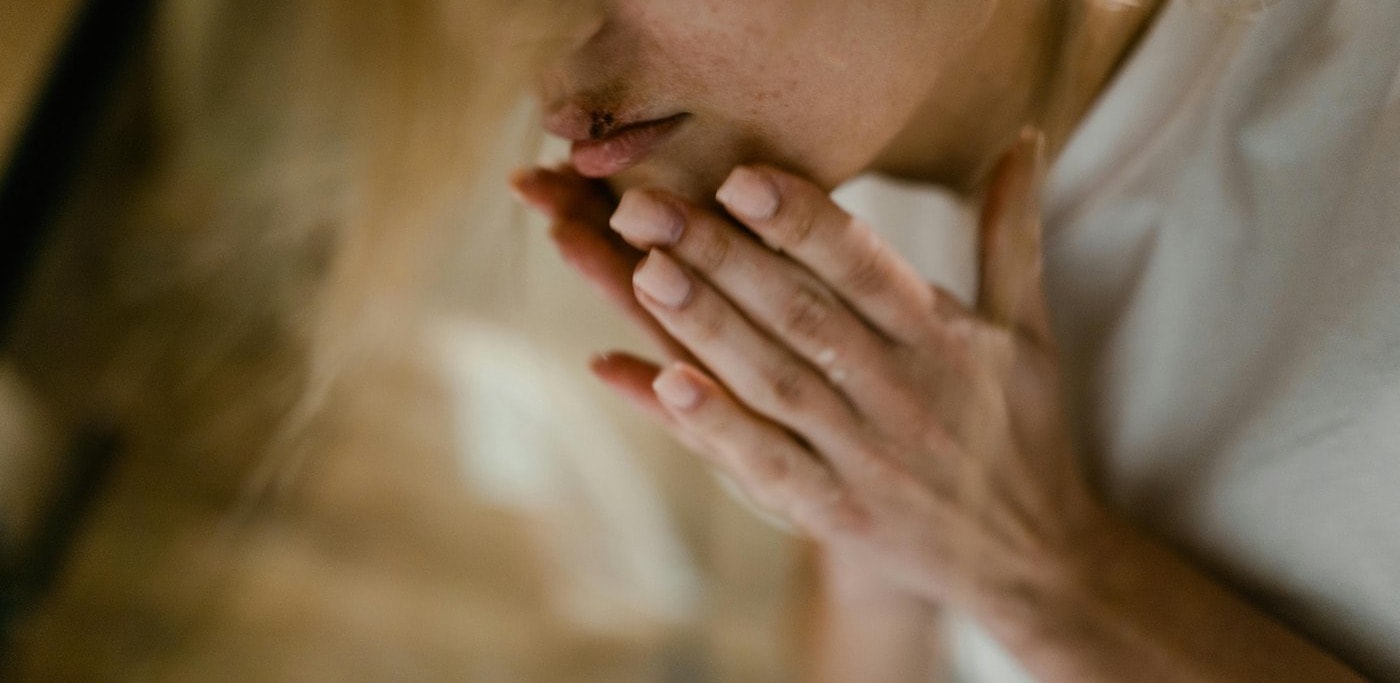In 1995 a gathering was held in Beijing with 30,000 activists and 17,000 participants coming together to come to grips with the problem of gender inequality which resulted in the Beijing Declaration and Platform for Action. It is widely considered the most progressive framework of a comprehensive plan focusing on women’s rights. Twenty-five years later, UN Women published a report that details the progress, disparities, and obstacles linked to the improvement of legal global equality of women since the conference.
The report shows that there have been 274 changes in law gender equality adopted by 131 countries in the last 10 years. More girls are getting educated now than ever before even though substantial gaps exist among countries both internally and externally as globally 32 million of them are still not in school. Deaths due to childbirth, while still remaining high, is in decline as evidenced by a 38% drop between the years 2000 and 2017.
The study further shows that meaningful progress is feasible, as shown by the effectiveness of coordinated action by women to seek justice for discrimination against them and the emergence of progressive campaigns worldwide. It highlights positive programs in improving public facilities to address the needs of women, from growing access to contraceptives and healthcare to minimizing domestic abuse, to growing women’s involvement in politics to creating peace.

However, the report also reveals that progress is backsliding and slowing down.
Rampant injustice, climate change, violence and the troubling increase of exclusionary politics all challenge strides made for equality. The report highlights the absence of successful intervention to improve women’s participation in decision-making and notes that the goals set by the Beijing Platform for Action can never be achieved until the most disadvantaged are identified and given priority.
Related Articles: Big Data | Gender Dimension | STEM | Numbers Game | Inequality in Universities
For the last twenty years, women’s rights to paid jobs have been at a standstill. Less than two-thirds of women (62%) aged 25-54 are working in the labor market, contrasted with more than nine out of ten (93%) men.
In the last year, almost one in five women experienced abuse by a partner. New developments are fuelling modern types of abuse, such as cyber-harassment, about which there are currently no government responses.
In parliaments around the world, three-quarters of seats are still occupied by men even though the percentage of women has increased.
Females tend to bear the brunt of unpaid care and household labor and earn 16% less pay on average than males, a number that soars to 35% in certain countries.

UN Women’s Executive Director Phumzile Mlambo-Ngcuka says that (bold added):
“The review of women’s rights shows that, despite some progress, no country has achieved gender equality. Equality isn’t just one quarter of the seats at the tables of power. But that’s the current reality of women’s representation, across the board. Men are 75% of parliamentarians, hold 73% of managerial positions, are 70% of climate negotiators and almost all the peacemakers. This is not an inclusive and equal world, and we need to take action now to create one that does not discriminate against women.
2020 presents an unprecedented opportunity to turn things around for current and future generations of women and girls. To accelerate progress during the UN Decade of Action, UN Women has initiated six Action Coalitions that will mobilize governments, civil society, UN agencies, and the private sector to deliver game-changing results to advance equality for women and girls.”

The report calls on governments, organizations, and people to action by utilizing technology to advance gender equality, promoting women’s campaigns and leadership, making sure no one is left behind, and combining efforts with resources.
There is a need for a coordinated effort to transform, broaden and enhance initiatives and projects that will facilitate the development for the current and future generations. As the UN Women’s Executive Director herself said: “Only half is an equal share, and only equal is enough.”
Editor’s Note: The opinions expressed here by Impakter.com columnists are their own, not those of Impakter.com.














